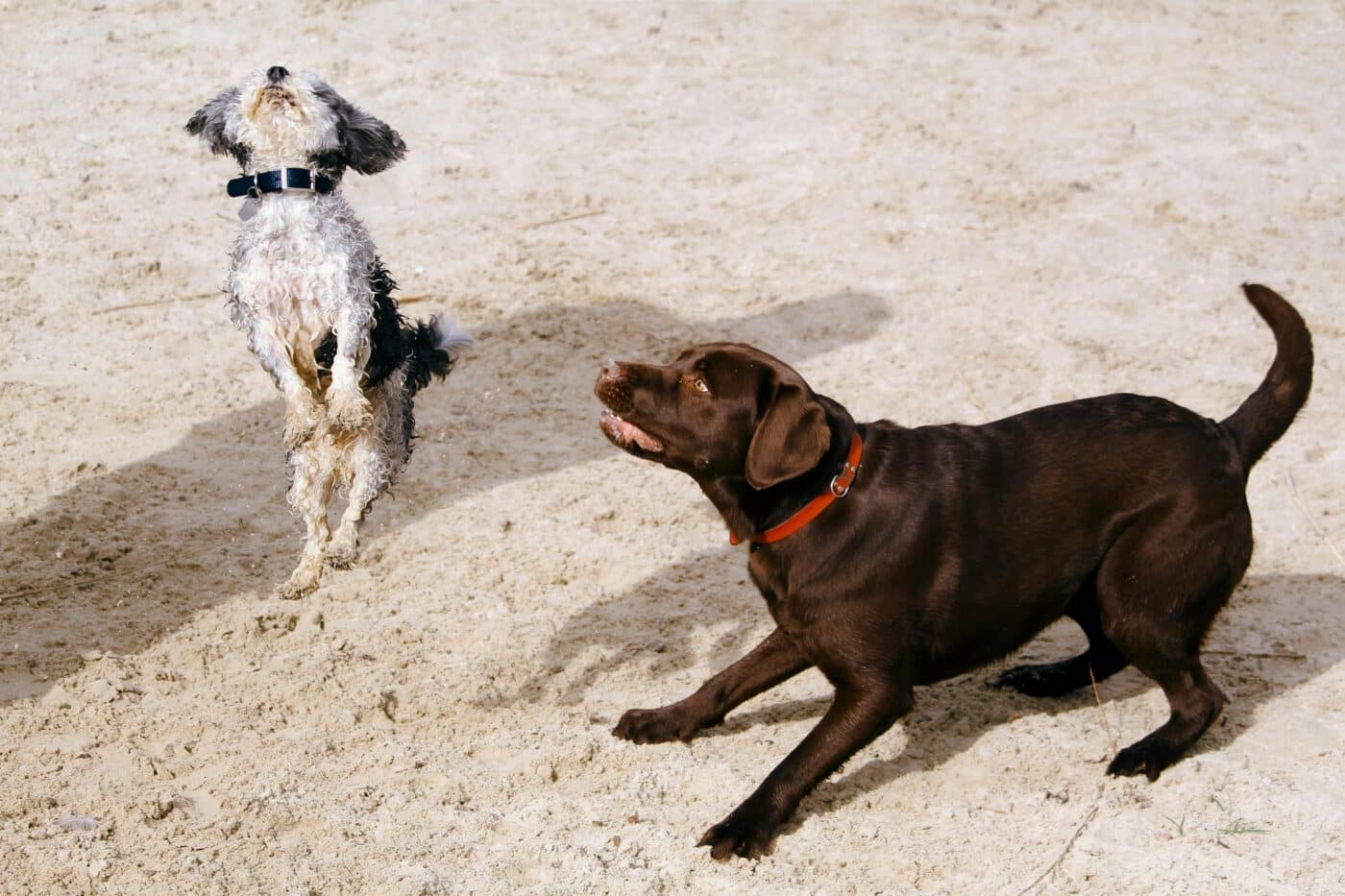 Shutterstock
Shutterstock
Dog fights can be stressful for both pets and their owners. Preventing dog fights requires understanding the causes, reading your dog’s body language, and using effective training techniques. Here are 13 strategies to help stop your dog from fighting with other dogs.
Neuter or Spay Your Dog
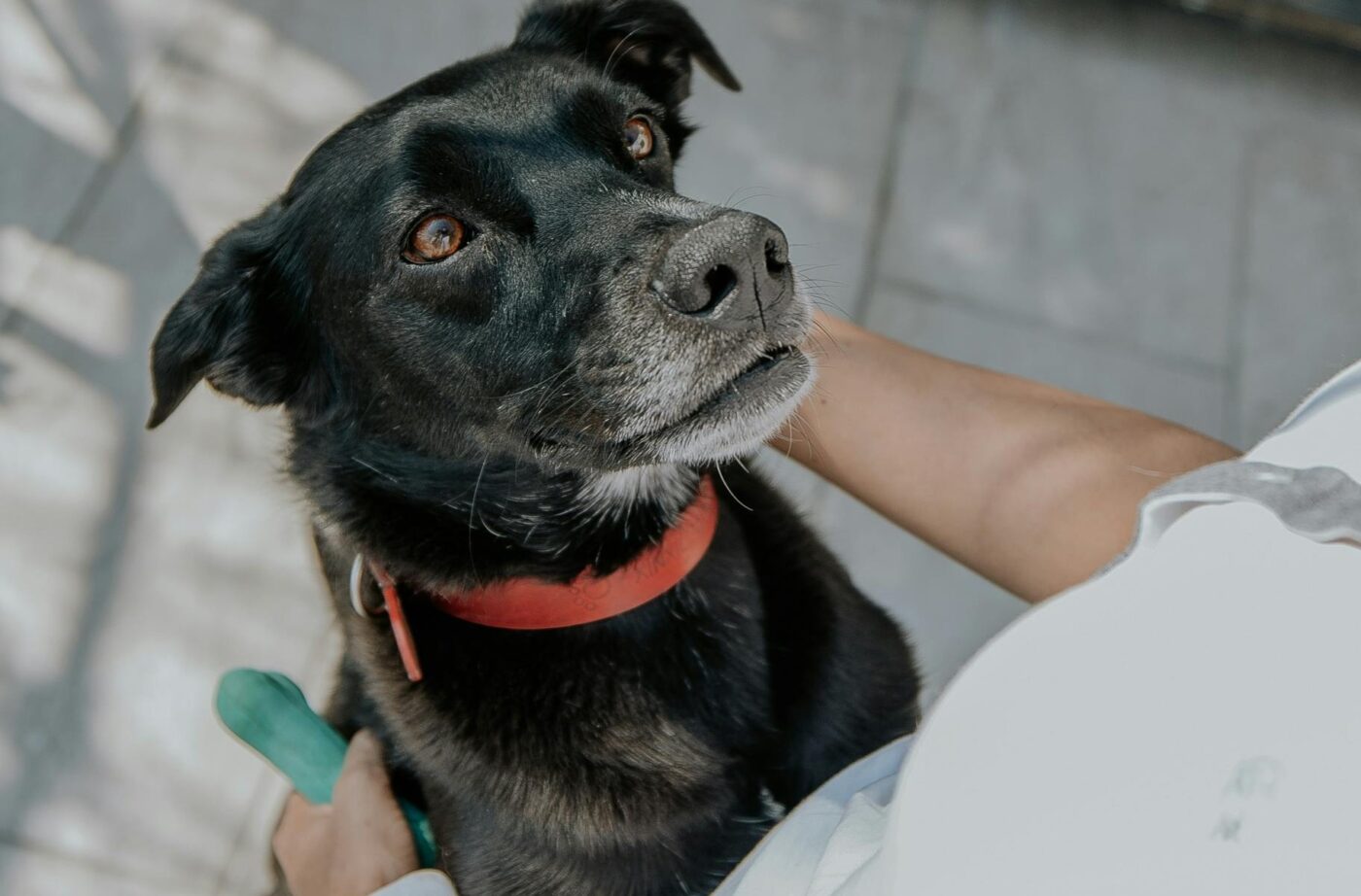 Shutterstock
Shutterstock
Neutering or spaying can reduce aggression related to hormones. This often decreases territorial behavior and other triggers of dog fights.
Socialize Your Dog Early
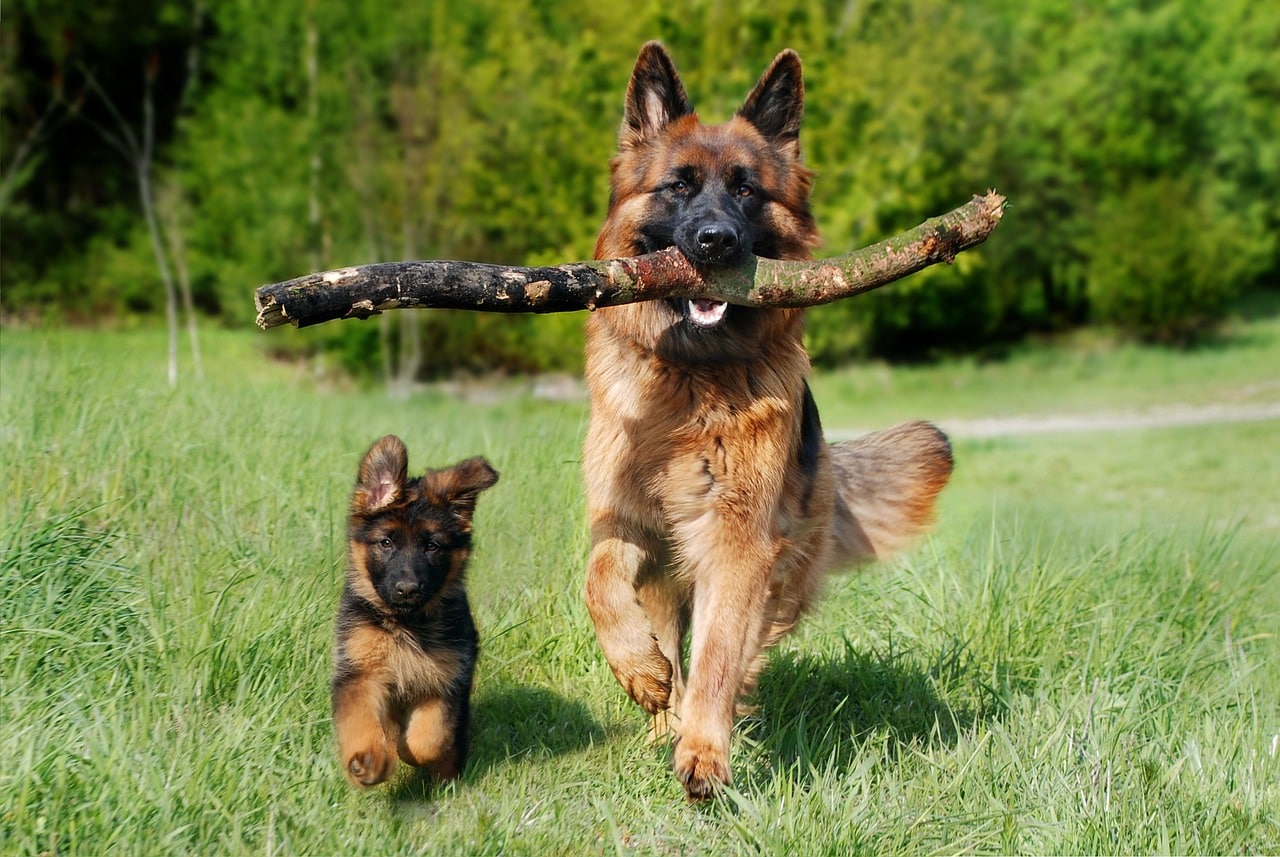 Shutterstock
Shutterstock
Exposing your dog to different environments, dogs, and people from an early age helps them learn appropriate behaviors. Proper socialization reduces fear and aggression toward unfamiliar dogs.
Identify Triggers and Avoid Them
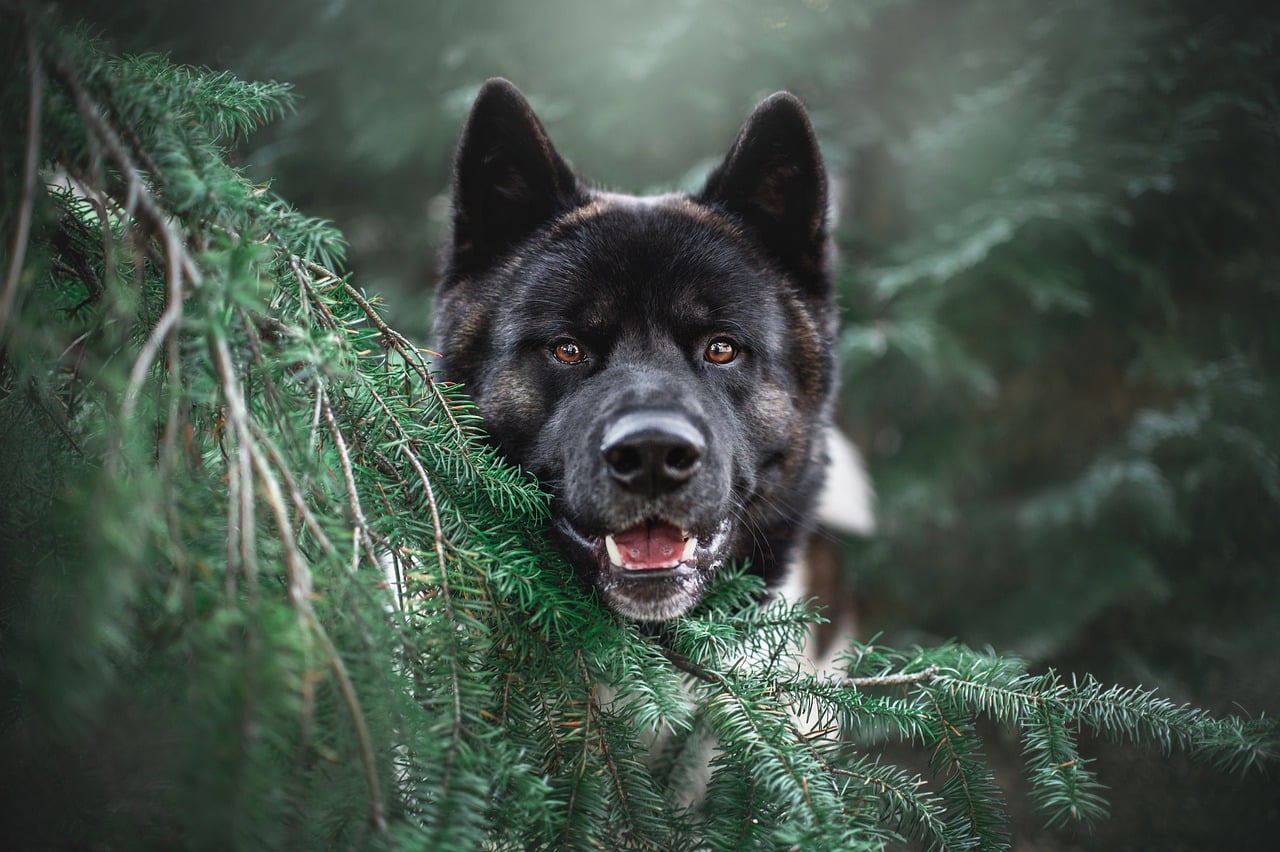 Shutterstock
Shutterstock
Observe what provokes aggression in your dog. Common triggers include toys, food, or certain areas. Avoid these triggers during dog interactions to prevent fights.
Use Positive Reinforcement Training
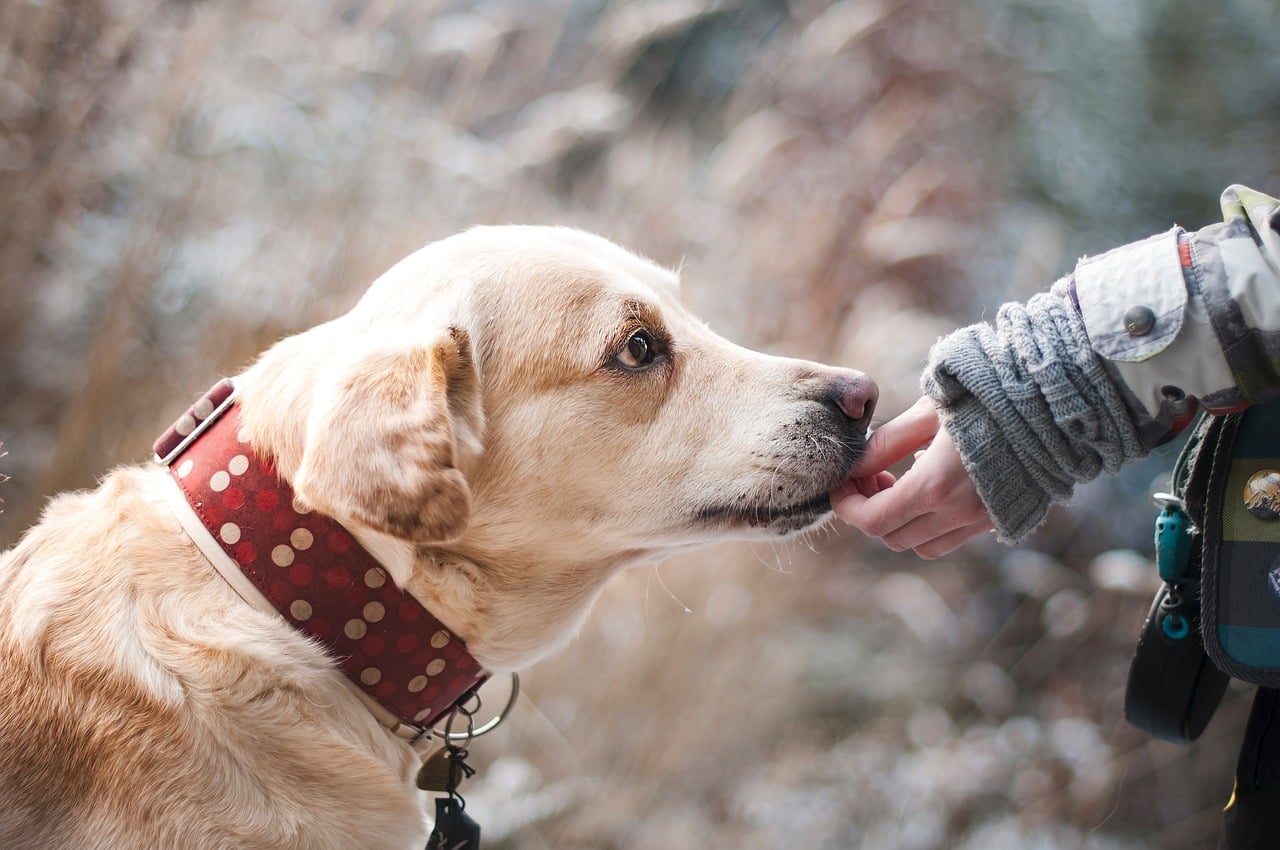 Shutterstock
Shutterstock
Training your dog with rewards encourages good behavior and reduces aggression. Teach commands like “leave it,” “sit,” and “stay” to control your dog during tense situations.
Interrupt and Redirect Aggressive Behavior
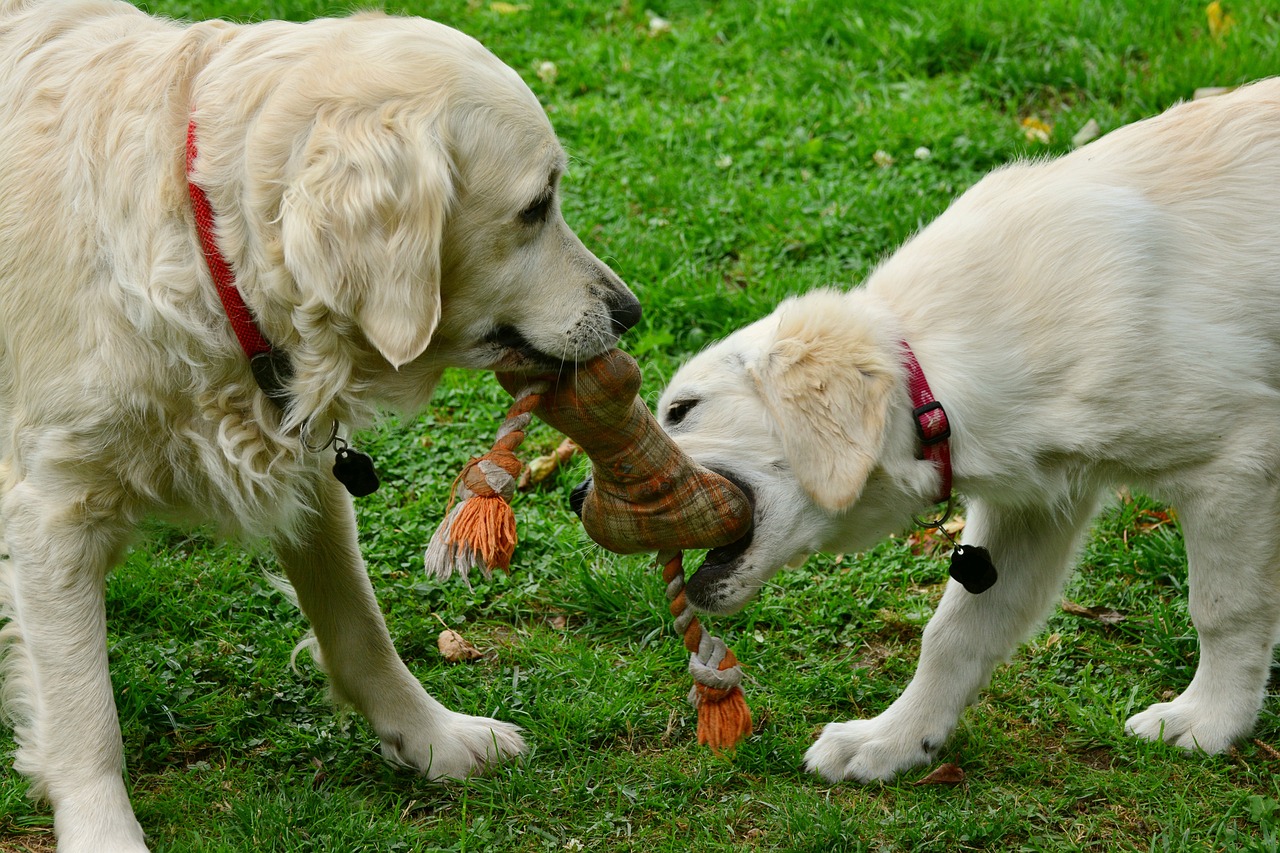 Shutterstock
Shutterstock
If you notice early signs of aggression, such as growling or stiff posture, interrupt your dog with a loud noise, then redirect their focus to something positive, like a toy or a treat.
Practice Obedience Training Regularly
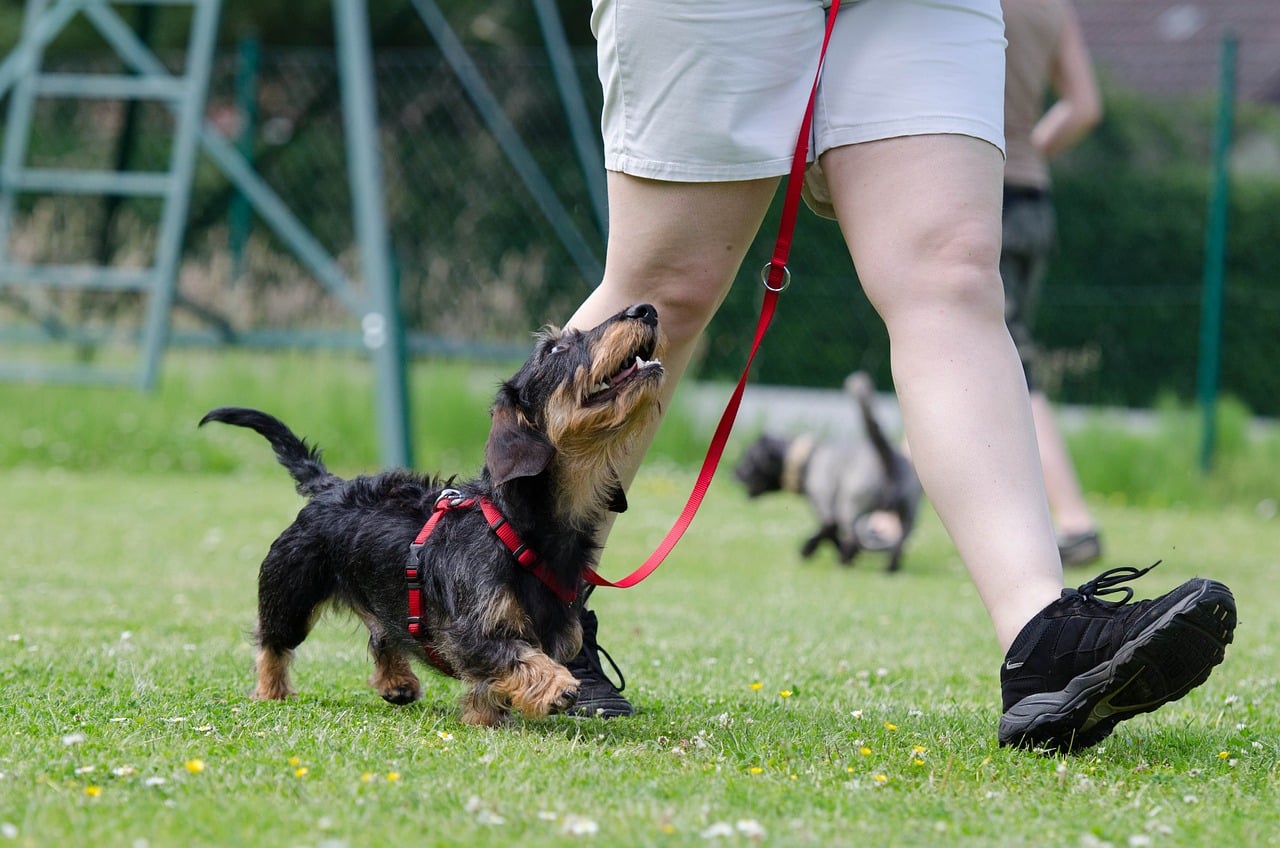 Shutterstock
Shutterstock
Regular obedience training helps reinforce your dog’s response to commands. A well-trained dog is easier to control during encounters with other dogs.
Exercise Your Dog Adequately
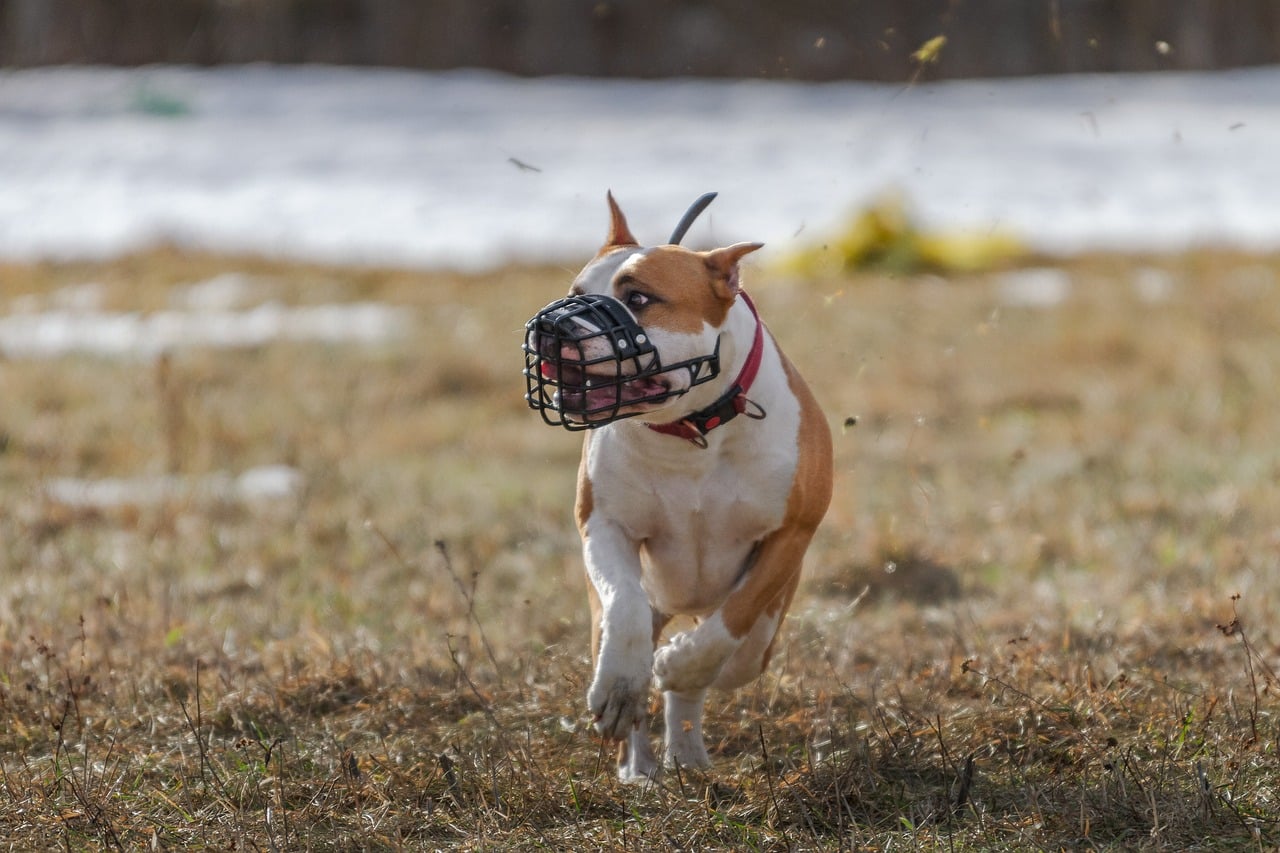 Shutterstock
Shutterstock
Dogs with pent-up energy are more likely to engage in fights. Regular exercise reduces frustration and aggression, making your dog calmer and more relaxed.
Use a Leash During Walks
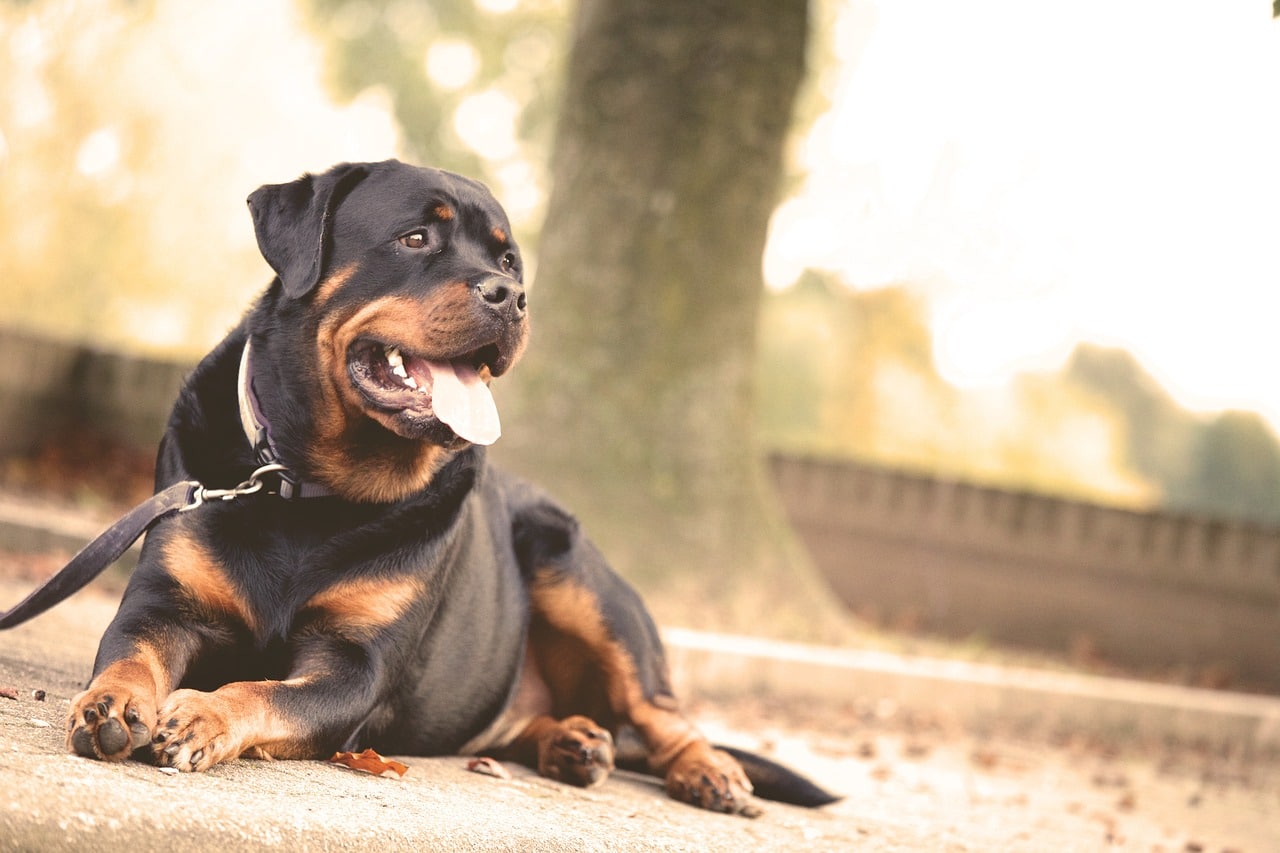 Shutterstock
Shutterstock
Always keep your dog on a leash during walks, especially in areas where other dogs are present. A leash provides better control if a situation arises.
Avoid Overcrowded Dog Parks
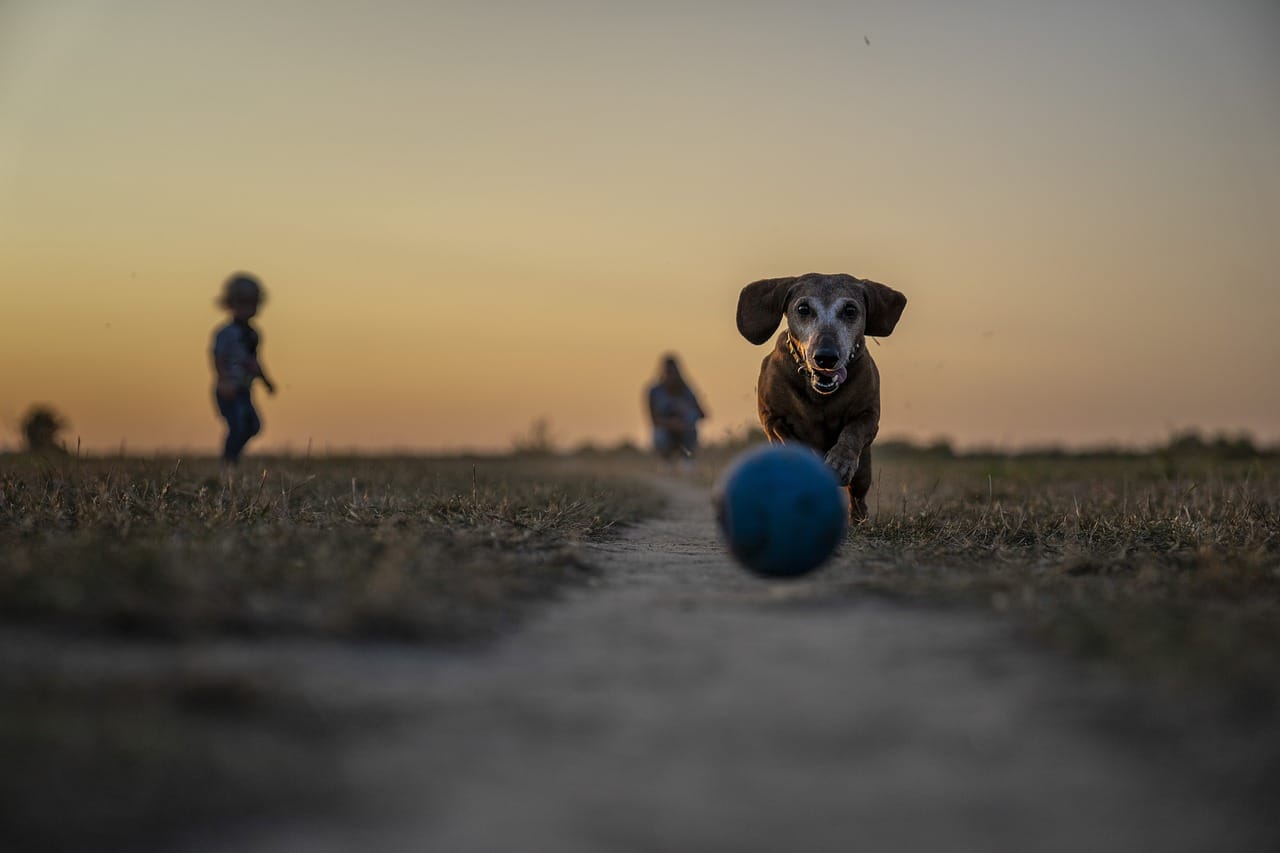 Shutterstock
Shutterstock
Dog parks can be overwhelming for some dogs, leading to stress and aggression. If your dog is prone to fights, choose quieter places for off-leash play.
Seek Professional Help When Needed
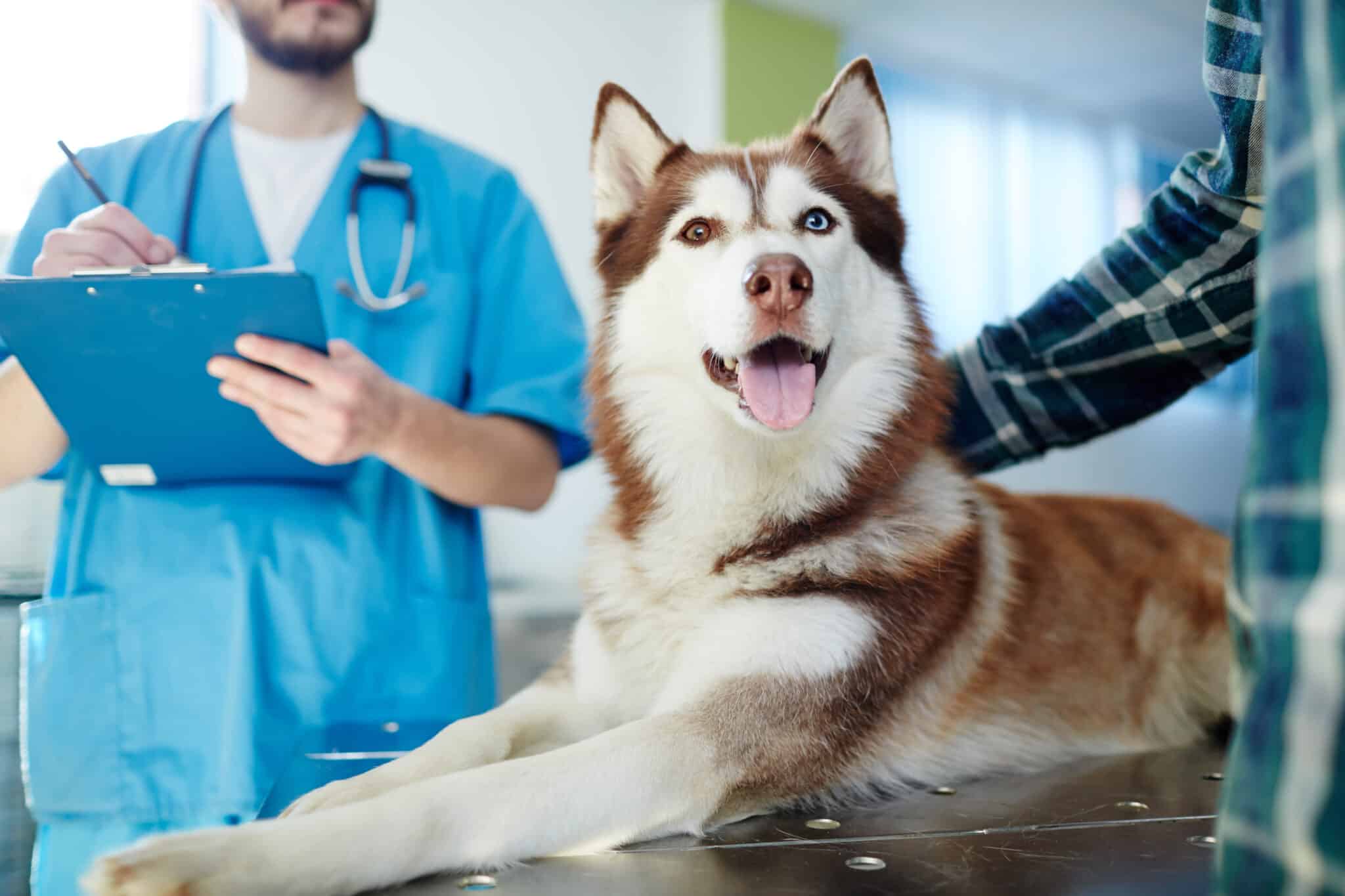 Shutterstock
Shutterstock
If your dog frequently displays aggression, consider consulting a professional dog trainer or behaviorist. They can help identify the underlying issues and provide tailored strategies for managing aggression.
Use Calming Products
 Shutterstock
Shutterstock
Calming products like pheromone diffusers, anxiety wraps, or calming treats can help reduce anxiety-related aggression. Consult your vet to find suitable options for your dog.
Reward Calm Behavior Around Other Dogs
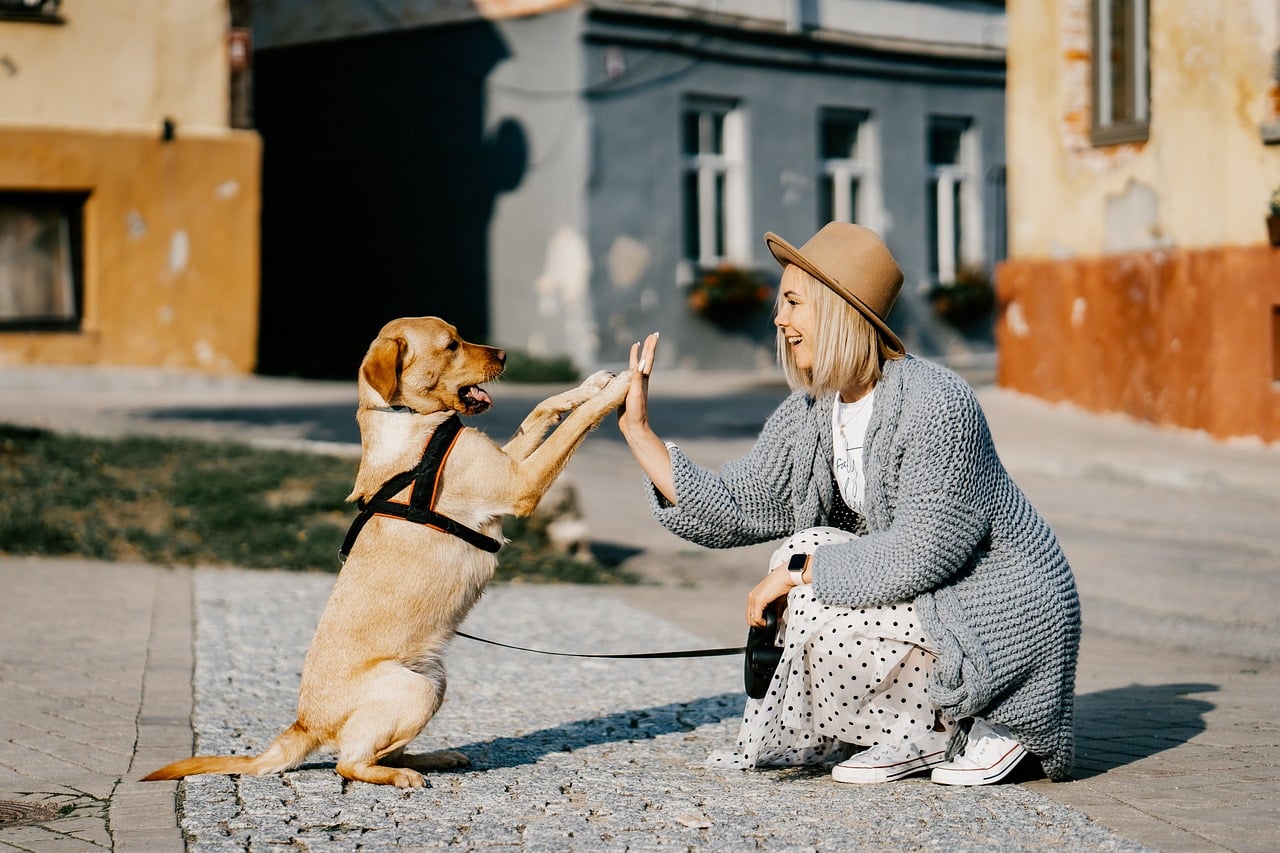 Shutterstock
Shutterstock
Whenever your dog remains calm around other dogs, reward them with treats or praise. This reinforces the idea that good behavior is rewarded, helping them stay composed in social situations.
Know When to Separate Dogs
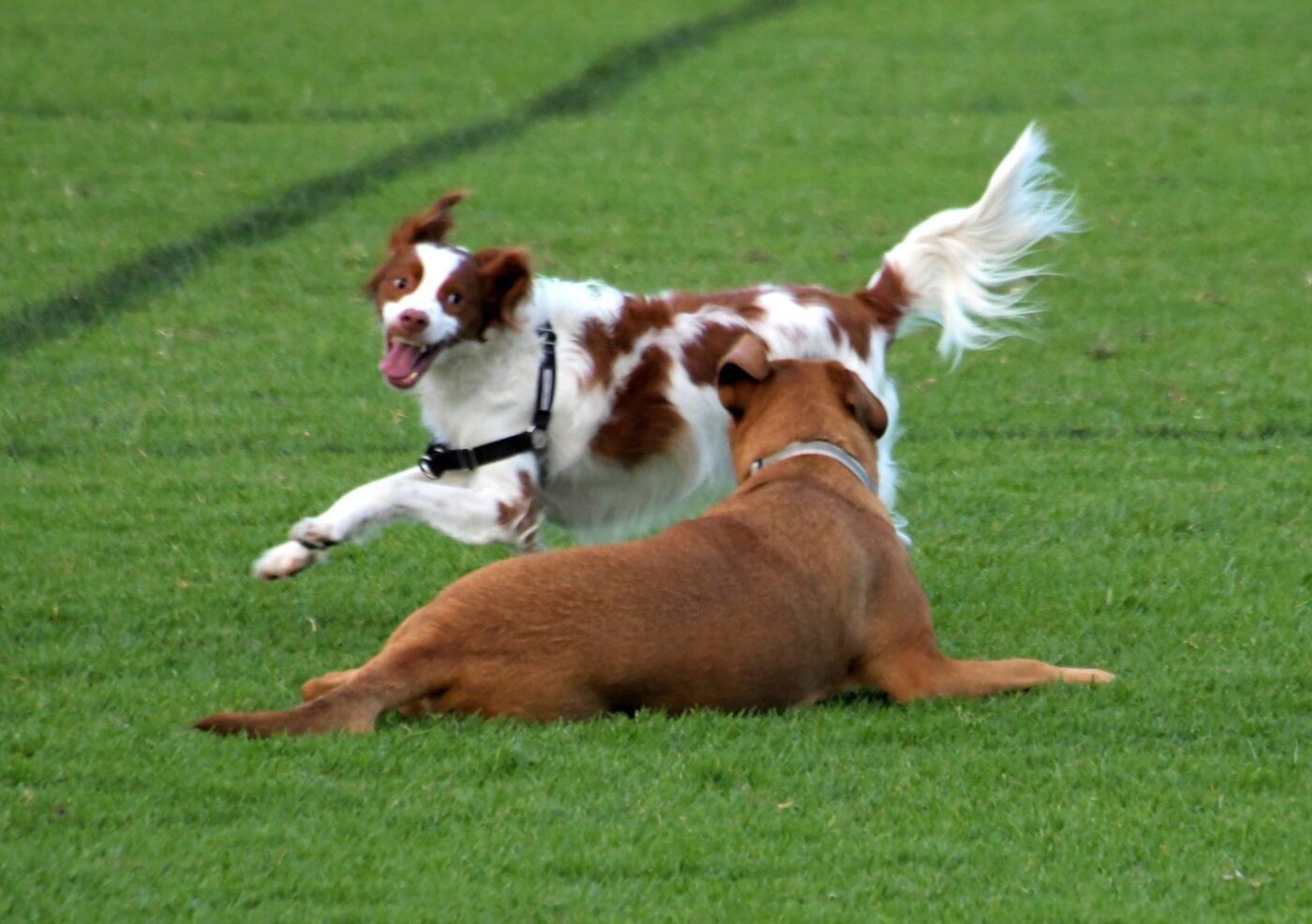 Shutterstock
Shutterstock
If two dogs start fighting, do not try to separate them with your hands. Use a barrier, such as a large object, to break them apart safely. Once separated, calm both dogs before reintroducing them.
Consistency is Key to Reducing Dog Fights
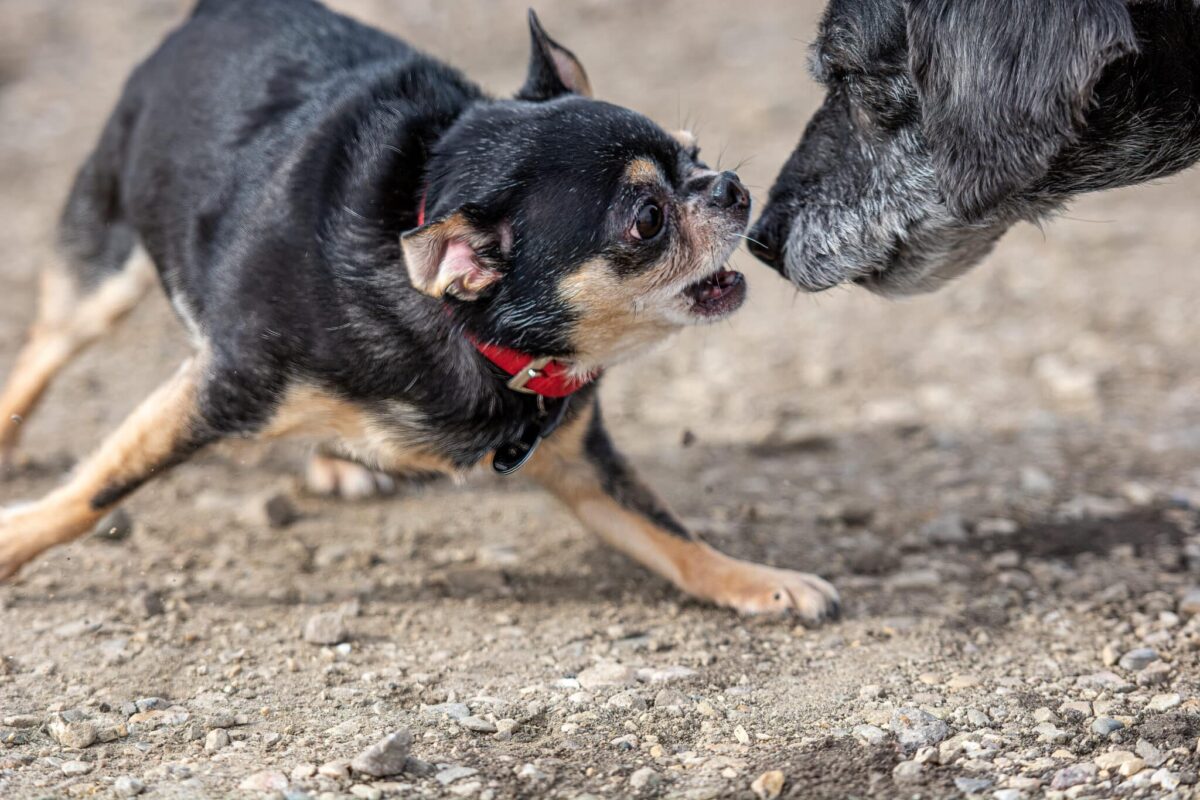 Shutterstock
Shutterstock
Preventing dog fights requires patience, training, and a consistent approach. Understanding your dog’s behavior, reinforcing positive behaviors, and seeking professional help when needed can help create a safer, calmer environment for your dog and others. With these strategies, you can reduce the likelihood of dog fights and promote positive interactions.
 Toledo, United States.
Toledo, United States.